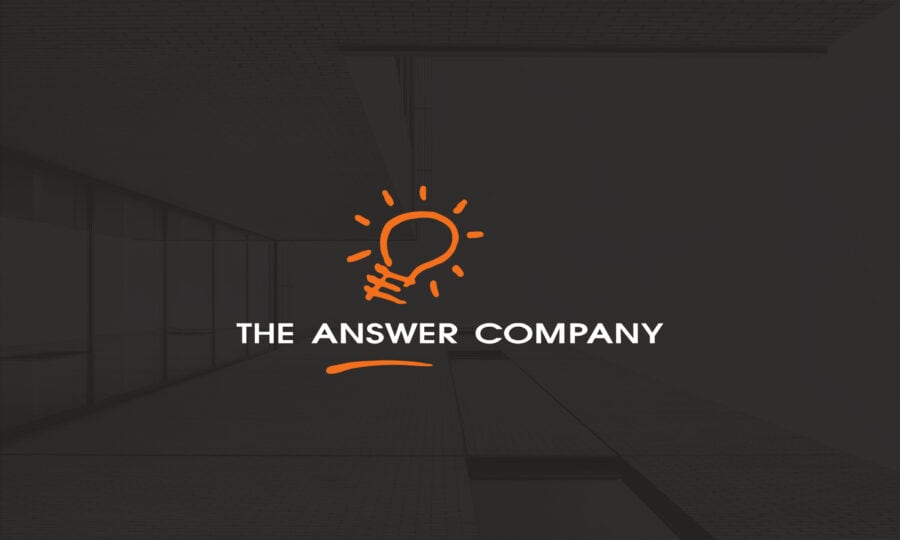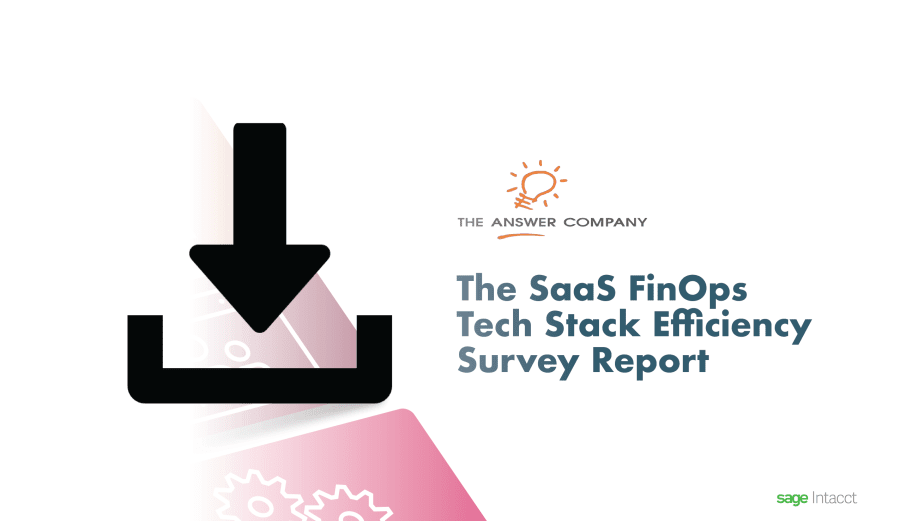Optimize Efficiency with Accounting Software for SaaS Companies
The SaaS and technology industry is one of the only three sectors in Canada that actually saw growth throughout the pandemic. Sudden demands for work-from-home directly translated into demands for advanced and integrated solutions that make remote work easier and keep data better protected.
While revenue fluctuations were not a concern for SaaS companies, sustainable financial management became a top priority, especially for those that were facing unforeseen growth in company size and number of contracts.
To explore how the industry was managing their finances, Sage Intacct, The SaaS CFO, and RevOps Squared conducted a survey on over 250 diverse SaaS companies. Those surveyed included C-Suite board members as well as Director-level members in the finance department. The most common financial management platforms being employed at these companies were Quickbooks, Sage Intacct, Zero, and Oracle Netsuite.
To see a comprehensive analysis of the survey and learn best practices for a future of growth, download the full SaaS FinOps Tech Stack Efficiency Report.
The survey unveiled two interesting insights:
- Reporting requirements should drive process and technology stack
- Develop a roadmap for your tech stack
Reporting requirements should drive process and technology stack
One of the main findings is the significance of SaaS-specific and subscription billing-specific metrics — and the difficulty of generating these metrics accurately and efficiently. SaaS executives valued metrics like net dollar retention, CAC payback period, and CLTV, but these important recurring revenue metrics are only calculated 50% to 75% of the time. And, nearly 20% of those surveyed only calculated these metrics four times or less each year.
Moreover, the majority of companies still calculate performance metrics manually through Excel or other spreadsheet alternatives. The inconsistency in performance metric visibility paired with a tendency to stay complacent with current financial analysis tools is what plagues SaaS companies. The negative impacts of the lack of reporting get compounded the larger the company size, with more and more companies spending over 80 hours to close the books.
With all these findings in consideration, it becomes clear that SaaS-specific metrics and reporting is necessary for success. Only with an advanced financial management suite and integrated cloud ERP for SaaS can you efficiently view, share, and analyze up-to-minute reports.
Develop a roadmap for your tech stack
According to the report, the financial close process times vary a lot. However, a closer analysis reveals a trend where companies starting at $20M ARR begin to take much longer to complete their monthly close. Aligned with the finding that larger companies struggle more to get the insights they need, the consequences of an inadequate accounting software for SaaS become magnified in companies with higher revenues. More findings reveal that the majority of financial processes are still very much manual, which add time and risk. 60% of companies report their budget versus actual with a manual process.
An additional finding was that Customer Relationship Management (CRM) platforms were the number one source of data required for useful financial reporting. CRM provides data for metrics such as ARR, dollar retention, CAC payback period, and many others. However, the need for an integrated CRM does not stand alone; rather, most metrics need real-time data from two or more separate systems in order to generate accurate and insightful numbers.
Scalability and easy integration with existing and future systems are critical to the success of any growing SaaS company. It’s important to design a ‘roadmap’ for your tech stack to ensure that it can easily evolve with your business needs. An outgrown accounting software for SaaS will hamper profitability and productivity, and block you from seeing growth opportunities.
Key Goals to Maximize Efficiency
The full SaaS FinOps Tech Stack Efficiency Report recommends four detailed strategies to ensure your SaaS companies are efficient today and in the future. These strategies also ensure that your company growth is met with ease instead of frustration. The four key takeaways from the survey are:
- Incorporate automation into your financial process
- Calculate metrics that matter to your business
- Eliminate process challenges delaying your close
- Choose the best-in-class FinOps tech stack

